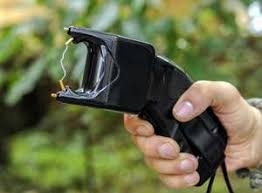Often in a New York murder case the court may need to determine if the police officers’ recovery of the alleged murder weapon violated the defendant’s constitutional rights. Earlier this month, a state appellate court issued an opinion in a New York murder case requiring the court to determine that issue. Ultimately, the court concluded that the officers did not have the level of suspicion necessary to stop the car in which the defendant was a passenger. Thus, the court determined that the stop violated the defendant’s rights and suppressed the gun recovered as a result of that stop.
According to the court’s opinion, on October 2, 2011, someone entered a residence, shooting and killing one of the occupants. Two days later, an anonymous person called into 911, reporting that there were several males “suspiciously” going in and out of a U-Haul trailer. The males were described as black and Hispanic. The caller stated that three of the males were wearing a black sweatshirt, a brown hoodie, and a red hoodie.
Police officers arrived at the scene, but did not find a U-Haul truck on location. However, while the officers were still in the area, they saw a U-Haul truck drive by. A black male in a brown hoodie was driving the truck. Police stopped and searched the truck, recovering a gun that was later tied to the murder. The defendant, who was a passenger in the truck, gave a statement indicating that he shot the victim after the victim reached for his gun. The defendant filed a motion to suppress the gun, which was denied by the trial court. The defendant was ultimately found guilty of second-degree murder, and appealed.
 New York Criminal Attorney Blog
New York Criminal Attorney Blog

















